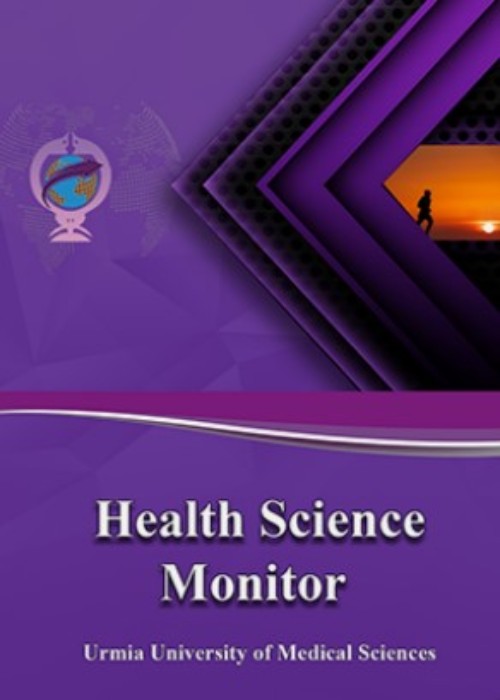Companions’ knowledge, attitude, and practice which enable them to take safety precautions against Covid-19 in infectious wards in Iran: a cross-sectional study
The patients’ companions need to take precautionary measures in the hospital for taking care of their patients. The relevant studies have not focused on the precautionary measures of the patients’ companions. Considering this issue, this study aimed to determine the companions' knowledge, attitude, and practice which enabled them to take the safety precautions against Covid-19 in infectious wards.
This study was a descriptive-analytical study. The researchers used convenience sampling to select 284 companions of the patients with Covid-19 in teaching hospitals in Kashan (Iran) from June to September 2021 as the participants of the study. The data collection instrument was a self-report researcher-developed questionnaire which examined the companions’ knowledge, attitude, and practice which enabled them to take care of their patients. Data analysis was performed using SPSS v16 software. The Mann-Whitney, Kruskal-Wallis, and Spearman's correlation tests were used to analyze the obtained data.
The results of the study showed that the companions’ level of knowledge (11.27±5.01) was weak. Nonetheless, their attitude (99.84±16.50) and practice (94.69±12.32) were moderate and acceptable. Moreover, there was a significant relationship between the companions’ familial relationship with the patient, history of participation in the Covid-19 training classes, education, and occupation and their knowledge, attitude, and practice (p < 0.05). Furthermore, a significant correlation was found between the companions’ history of being in the hospital as a companion of Covid-19 patients and the mean values of their attitude and practice (p < 0.05). Finally, on the basis of the results, there was a significant relationship between the mean values of the companions' practice and their knowledge and attitude (p < 0.05).
Companions are not provided with satisfactory education regarding precautionary measures in the hospital wards. Therefore, there is a need for the protocols which inform them about the precautionary measures in hospitals.
- حق عضویت دریافتی صرف حمایت از نشریات عضو و نگهداری، تکمیل و توسعه مگیران میشود.
- پرداخت حق اشتراک و دانلود مقالات اجازه بازنشر آن در سایر رسانههای چاپی و دیجیتال را به کاربر نمیدهد.



